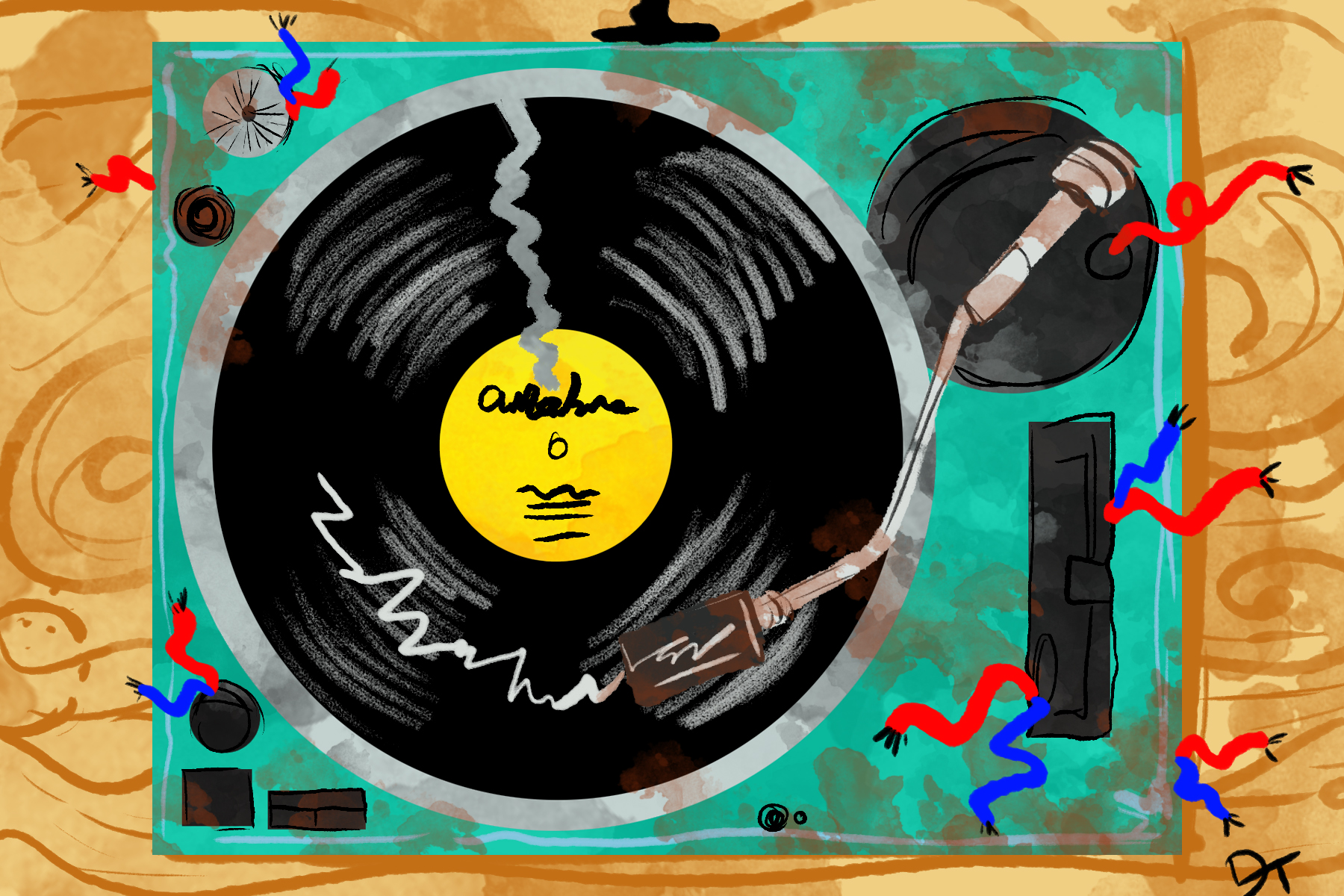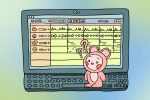Even though, by definition, all DJs play music for a live audience, there are several different types. Among others, there are radio DJs, scratch artists and those that call themselves “music entertainment providers.” It’s the trials and tribulations of those that fit into this last category that’s the focus here; I’ve had the pleasure of interviewing a few up-and-coming local DJs in San Antonio, all of whom fit into this category, in order to get their take on what DJ’ing is really all about. The DJs in question have chosen to remain anonymous, and you might see the reason: DJ’ing is not as fun as people make it out to be, and here are ten reasons why.
1. It’s Expensive
In order to DJ, you need to have the right equipment and a big music library. The most widely-used equipment brands are Native Instruments, Pioneer and Technics, and the hefty price tag of all this equipment means that the average DJs needs at least $700 just to start out. After you have your top-notch DJ equipment, you need to assemble a music library of high-quality music; the sound quality is essential, so you can’t just download from YouTube or use an MP3 converter. Most DJs I interviewed said they used Beatport to buy and download their music. Each song on the platform is between 99 cents to $1.25, but you can expect all those small purchases to add up as your music library gets bigger.
2. You’ll Play Tasteless Gigs
Getting a gig even as a more experienced DJ is incredibly hard, but landing gigs as an upstart is even harder. Most DJs just starting out play weddings, quinciñeras and bar mitzvahs, and they need to build clout before they can go higher than birthday parties for five-year-olds. Until they finally make it to the club circuit, they have to put up with unglamorous conditions and unconventional venues.
3. A DJ must be a “people person”
DJs have to be comfortable around all types of crowds, whether they’re made up of businessmen, wasted partiers or clubbers just looking to dance. They have to be open and social so their employers will hire them back, even when it’s hard to fake a smile or make small talk. Being personable is essential for marketing yourself as the equivalent of a one man band, so it’s doubly important for DJs to be able to at least fake being agreeable.
4. The money isn’t great
As mentioned before, beginner DJs get crappy gigs, and with crappy gigs come crappy pay. The DJs I interviewed stressed that being a DJ is NOT a profession. There is no steady income, your schedule is sporadic and the market is already oversaturated. What’s the result? It’s a survival of the fittest to get the next big gig.
5. You might need a second job, even if you make it big
Related to number four, even if you approach household name status, you might not be able to pursue your passion full-time. Even famous DJs like Tiesto, DeadMau5, Calvin Harris and Steve Aoki have to sustain their DJ career by producing music for others. Ironically enough, by the time that they’ve made it big, they price themselves out of the club circuit and their next-best option is to oversee and manage the recording and production of someone else.
6. An exhaustive knowledge of music isn’t optional
Some DJs prepare a set list before they play a gig, but others improvise on the go. You have to be able to read the room to see when things are heating up, when the crowd is checking out or when everyone needs to cool down; once you can do that, you still need to know what to play. Without an encyclopedic knowledge of music ready to go — all before the current song ends, no less — you won’t know how to manage the atmosphere, one of the most important parts of being a DJ.
7. You won’t necessarily be playing music that you like
Many people have the misconception that DJs just play music that they like. Even when major DJs like Daft Punk or Steve Aoki play big festivals like Coachella, they have to mix Top 40 hits with their own music because that’s what the vast majority of the audience will recognize. Top 40 hits are the end result of cookie cutter formulas designed to create music that’s easily digestible. Maybe you can play to your personal taste or music that you’ve created yourself, but you still need to play something recognizable for your audience.
8. You might find that your music taste isn’t as good as you thought
Sometimes not being able to play your own music might not be such a bad thing. A lot of amateur DJs believe in the superiority of their own musical tastes. Their friends and family will also support them and say the same thing because, well, it’s the polite thing to do. Whenever performing for a crowd larger than two, however, there’s going to be a difference of opinion. One DJ I interviewed joked about feeling sour when he played his first gig because his employer gave him the choice to play his own music; much to his dismay, not everyone was fond of his song choices.
9. There’s stigma within the more classically trained community
To the classically trained artist, being a DJ looks like pushing buttons on a turntable. What most most people fail to see, however, are the complex skills needed to be an excellent DJ. Those skills include keeping the rhythm, knowing how to “mix” songs, being well-versed in music and most importantly, being able to read a crowd. It is a DJ’s responsibility to set the mood and if they play music that does not match the vibe, chances are they won’t last very long.
10. Traveling with all that equipment isn’t easy
As a DJ, you are almost always a one man band. Being on your own means commuting everywhere with all your decks, records (if any), speakers, laptop, cables, headphones, standing poles and so on. Now try fitting all this in a 2016 Honda Civic. It’s possible, yes, but not easy.
I used to help a close DJ friend move his equipment; we would use my car to travel everywhere (his vehicle was a two-door sports car). Commuting all over town with heavy equipment, unloading, putting everything together and loading everything back into my car again, in short, was a hassle.
Maybe you’d get mixed responses if you asked some of these DJs if all of this is worth it. Maybe you think it definitely is, in which case, all of this doesn’t matter. If it’s meant to be your passion, you won’t be deterred.
















